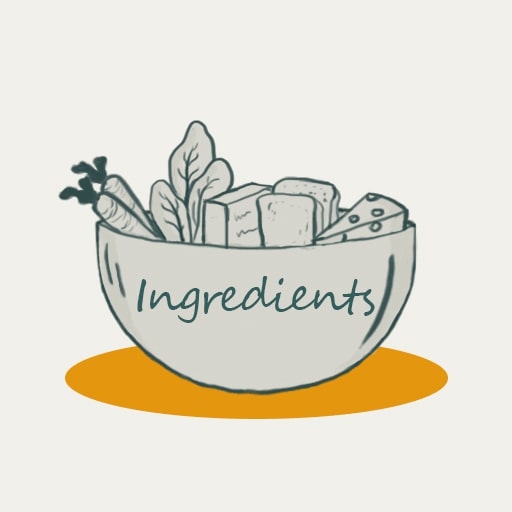Luteolin
Micronutrient
Last update date: October 11, 2023
Luteolin is a flavonoid. It possesses antioxidative, anti-tumor, and anti-inflammatory properties. It is commonly found in broccoli, onion leaves, parsley, carrot, pepper, cabbage, and apple skin.
Frequently Asked Questions
1.
What is Luteolin?
Luteolin, a flavonoid, is a natural compound found abundantly in various fruits, vegetables, and medicinal herbs. Flavonoids, like luteolin, serve as protective shields for plants, defending them against environmental threats. Importantly, these flavonoids also offer numerous health advantages to humans.
2.
What is positive impact of Luteolin?
Luteolin's health benefits are significant, primarily owing to its anti-inflammatory and antioxidant properties. While ongoing research is delving into its potential advantages, it has already shown promise. Luteolin actively engages with the nervous system in animals, suggesting potential benefits in this area. You can readily incorporate this nutrient into your diet through everyday foods like parsley, celery, and onions.
3.
What is negative impact of Luteolin?
Currently, there isn't sufficient clinical evidence to definitively support the potential benefits associated with luteolin consumption. It's worth noting that luteolin may interfere with progesterone function and might exacerbate colon inflammation in certain cases. Additionally, achieving potentially beneficial doses of luteolin through dietary sources can be challenging.
4.
Who should avoid Luteolin?
Despite promising findings in animal and cell-based studies, it's crucial not to misinterpret them as definitive endorsements of health benefits. The average dietary intake of luteolin may not reach the levels used in preliminary clinical research. Furthermore, luteolin is rapidly metabolized by the body, posing a challenge for achieving therapeutic doses through dietary means. It's essential to exercise caution and not rely solely on dietary sources for luteolin's potential benefits.
5.
What are common sources of Luteolin?
Incorporating luteolin-rich foods into your diet can be both enjoyable and nutritious. Some common sources of luteolin include: Green Leafy Vegetables: Foods like parsley and celery are excellent sources of luteolin. Herbs: Dandelion, onions, and olive leaves also contain appreciable amounts of luteolin. Citrus Fruits: You can find luteolin in citrus fruits such as lemon, orange, and grapefruit. Spices: Various spices like thyme, peppermint, rosemary, and oregano are luteolin-rich. Vegetables: Broccoli, cabbage, carrots, and peppers are among the vegetables that contribute to your luteolin intake.
















